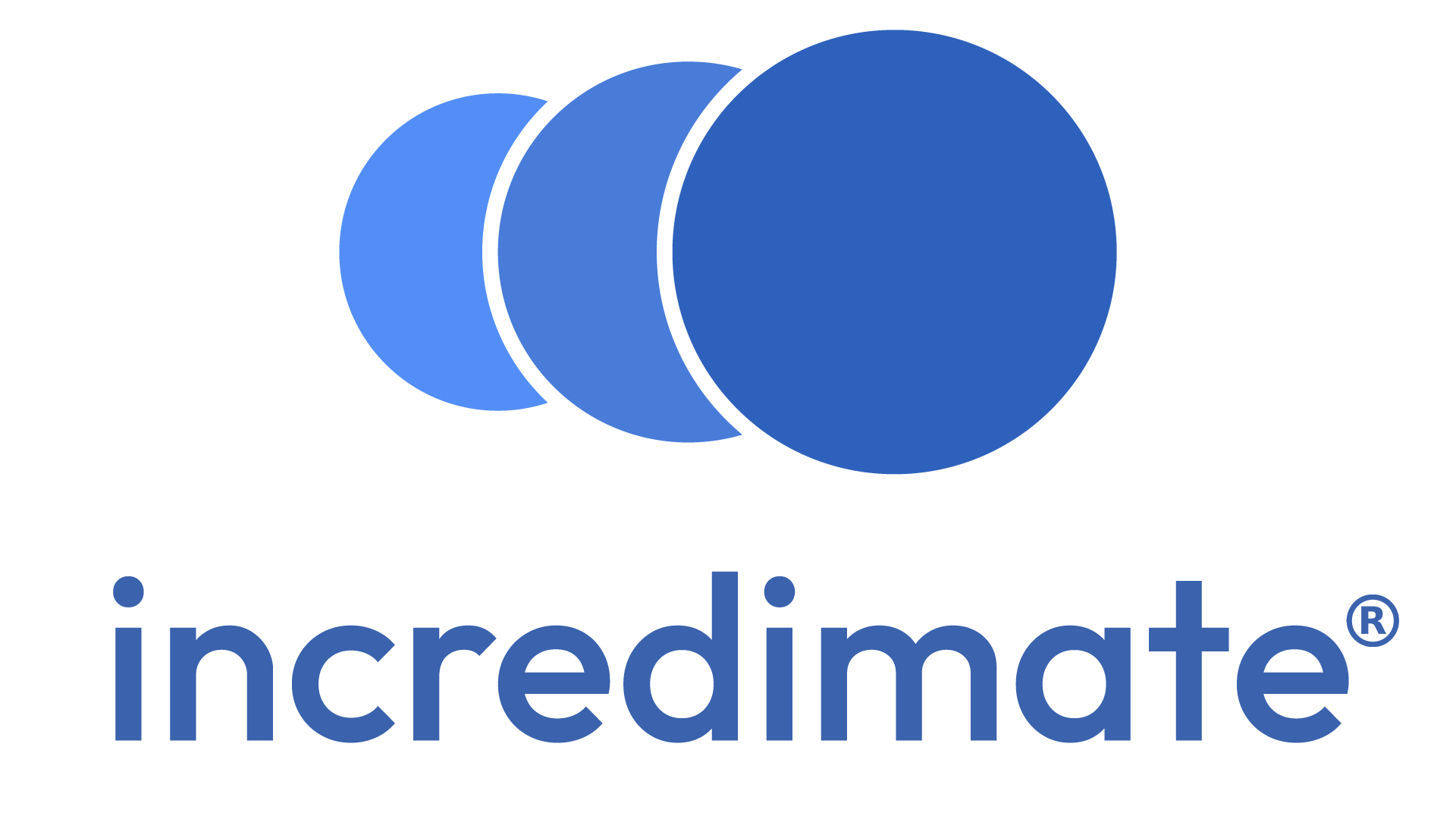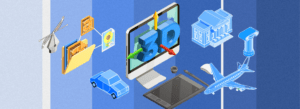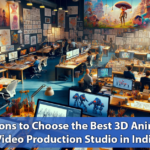If you’re like most businesses that offer a concept or an idea, you know that seeing things from a different angle is often all that’s required to seal a sale. But have you thought of 3D design? 3D computer graphics and modelling bring an idea to life, making it easier for clients to visualise that idea in a more realistic way. In other words, it can assist your company generate more leads.
A good 3D design gives its subject depth and elegance while also giving the viewer interesting information. It can convey movement and paint a clearer picture of a physical space. However, creating a 3D image requires a great deal of skill and specialised software, so many companies have held back on adding these graphic elements to their work.
There is no doubt that 3D graphic design can help a variety of professionals, from research and development to assisting to conceptualise environments. Here are a few strategies for utilising 3D design in your company.
DESIGN AND CONCEPT DEVELOPMENT
This may sound simple, but for individuals who design or imagine actual items and locations, a 3D computer-generated image can provide incredible detail and perspective. Whether you’re talking about a structure, an innovation, or a new technology, 3D modelling is a fantastic tool to have on hand. With the rapid ascent of 3D printing, you can now hold an actual object in your hand based on a 3D visual design – pretty cool.
Imagine you’re an architect working on a new building design. With traditional blueprints, you can convey the technical specifications, but it can be challenging for clients to truly envision the final product. This is where 3D design shines. It enables you to make accurate renderings of the building from a variety of viewpoints, both inside and outside. Clients can take a virtual tour of the building before it is built, discovering every nook and cranny. When it comes to securing projects and gaining customer approval, this level of detail and visualisation can be a game changer.
Moreover, the integration of 3D printing technology can take your design process to the next level. You can create physical models of your architectural designs, allowing clients to touch and feel the structure before it’s built. This tangible experience not only boosts client confidence but can also facilitate better design discussions and decisions.

MAKING A SPACE PERFECT
Architects have long known the power of 3D models. Blueprints are great when it comes to actually building something, but for us non-architects, they can leave a lot to be desired when it comes to visualising a finished project. 3D computer-generated images can help anyone who is building something, whether it’s a small business, an office space, or even a garden.
Imagine you’re an interior designer tasked with transforming a client’s living room. Conveying your design ideas with 2D characters or flat mood boards can be challenging for clients to fully grasp. However, with 3D design, you can create lifelike renderings of the space, complete with furniture, decor, and lighting. Clients can virtually walk through their redesigned living room, experiencing the ambiance and aesthetics in a way that 2D drawings simply can’t replicate.
This immersive experience not only helps clients better understand your vision but also allows for real-time adjustments. You can swap out furniture, change wall colours, or experiment with different layouts on the fly, making it easier to collaboratively fine-tune the design to perfection. This not only enhances client satisfaction but also streamlines the design process, reducing the likelihood of costly revisions down the line.
INVENTING A NEW PRODUCT
Have you created that one thing that will change how all buildings do something? 3D design really shines in products and packaging. Having the capacity to show all elements of a project from any angle – fairly simple to do with 3D computer graphics – lets investors and decision-makers feel confident about moving forward on creation. This is another place that’s ideal for 3D printing.
Imagine you’re an industrial designer working on a revolutionary new product – perhaps a groundbreaking consumer gadget or a game-changing piece of machinery for the construction industry. Traditional sketches and 2D drawings can only convey so much. Clients and investors often struggle to fully grasp the intricacies and functionalities of your design.
This is where 3D design steps in as a game-changer. With 3D modelling, you can create highly detailed, interactive, and photorealistic representations of your product. Stakeholders can explore the product from every angle, disassemble it to understand its inner workings, and even simulate its operation. This level of immersion and interactivity not only helps secure investments but also aids in refining the design.
Furthermore, 3D printing can be a crucial asset during the prototyping phase. Instead of relying solely on traditional prototyping methods, you can use 3D printing to quickly produce physical prototypes. This allows you to assess the design’s functionality, test its viability, and make iterative improvements more efficiently. Ultimately, it accelerates the product development process and reduces costly errors.
PRESENTATIONS AND BRANDING
Whether you want to animate your logo on your website or create a snappy and dynamic presentation for a prospective client, 3D imaging and design make it possible. Your small firm can look high-tech and professional with the addition of 3D elements in your company branding, not to mention how much it can help you sell that big project to a new client. Just imagine the difference between a standard flat pie chart and a 3D version that’s animated.
Imagine you’re a marketing and branding agency tasked with revamping a client’s online presence. Their current website feels outdated and lacks visual appeal. You know that a fresh, modern look could significantly enhance their brand image and customer engagement.
This is where 3D design and animation come into play. You can transform their static, 2D logo into a dynamic, 3D masterpiece. As visitors land on their homepage, the logo can elegantly animate, creating a memorable and immersive user experience. It’s not just a logo; it’s a brand story in motion.
In presentations, 3D design can take your pitches to the next level. Whether you’re pitching a marketing campaign, a product launch, or a creative concept, incorporating 3D visuals can captivate your audience. Instead of static slides, you can showcase your ideas in a dynamic and engaging manner. Imagine presenting a new product with a 3D-rendered, interactive walkthrough that allows your clients to explore its features, benefits, and use cases in real-time. It’s a persuasive tool that can set you apart from the competition.
TRADE SHOW BOOTH 3D DESIGN
If your company attends trade shows, you know just how difficult it can be to figure out how to make the best use of your booth space. While 2D sketches can help you fill the space, a 3D rendering of that same space shows you how it will look and feel while you spend your day there – and how it will appeal to the attendees you’re trying to attract. This is the beauty of using 3D design for spaces; it makes it far easier to conceptualise.
Imagine you’re an event marketing manager preparing for a major industry trade show. You have a limited booth space, and you want to make the most of it.
With 3D design, you can confidently make decisions about where to place product displays, interactive elements, and even seating areas. It’s like having a virtual sandbox to play in before the actual event.
GROW YOUR BUSINESS WITH 3D DESIGN
The prospect of getting a 3D design doesn’t depend on which niche your brand belongs to. Whether you are an architect or a fashion label, if you can visualise it, then that idea deserves to come to life with 3D designing.
If you find yourself in need of a good 3D designing services, you can always reach out to the best 3D design studio in India.











